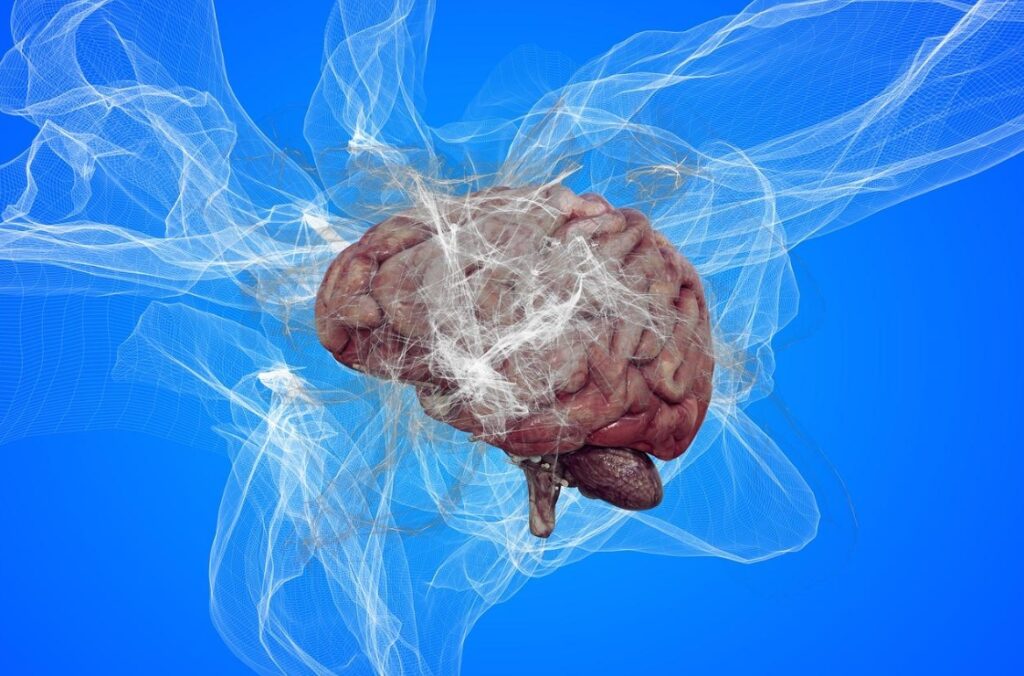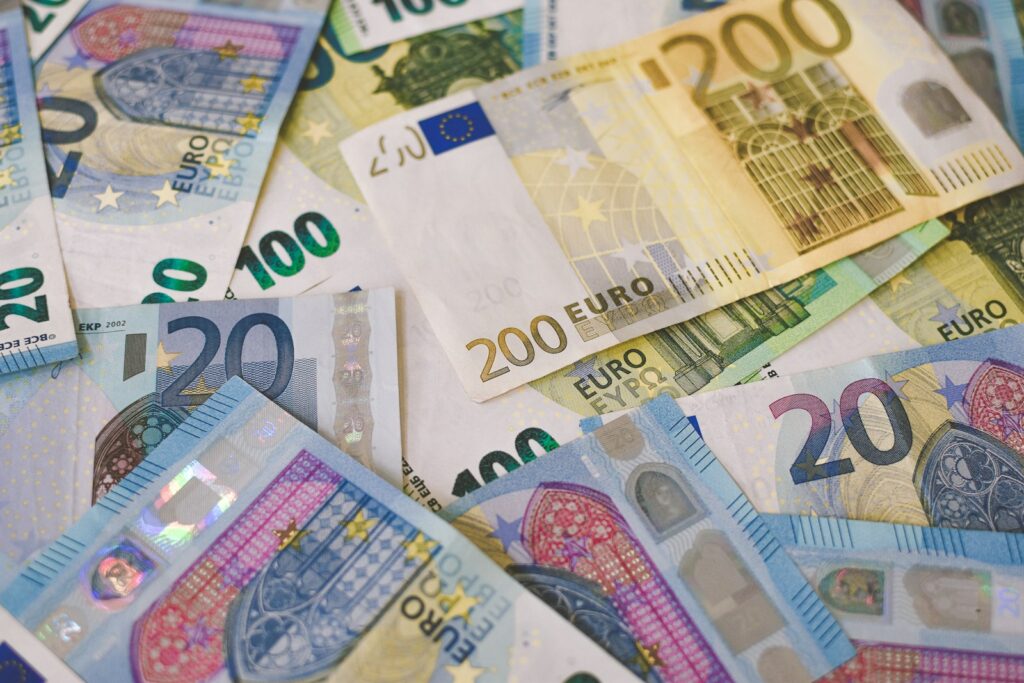
Real Test of 2026: Responsibility or Dependence?
BY
LFMI / February 27, 2026
The year 2025 was decisive for Lithuania – not only geopolitically, but economically. Defence spending increased significantly, while tax and pension reforms reshaped the policy landscape. Yet beneath these headline decisions lies a deeper question, one that extends far beyond Lithuania: are we strengthening the foundations of long-term prosperity, or shifting responsibility ever further towards the state?





![Wolfgang Münchau on His New Book “Kaput. The End Of The German Miracle” [INTERVIEW] Wolfgang Münchau on His New Book “Kaput. The End Of The German Miracle” [INTERVIEW]](https://4liberty.eu/phidroav/2026/02/Munchau-Wolfgang_High_Res_bw_no_credit-scaled-wpv_470pxx-1024x724.jpg)





